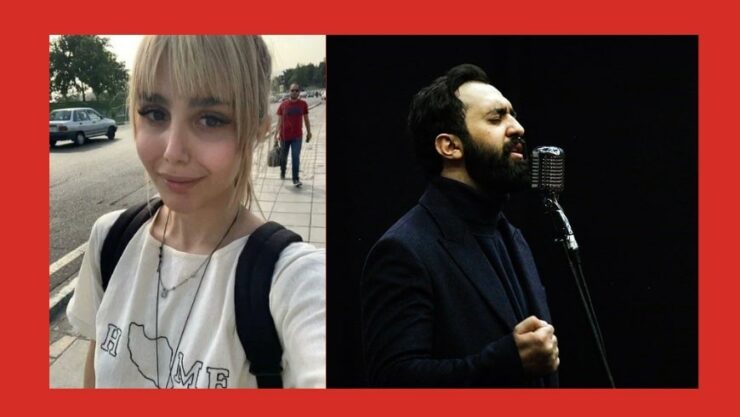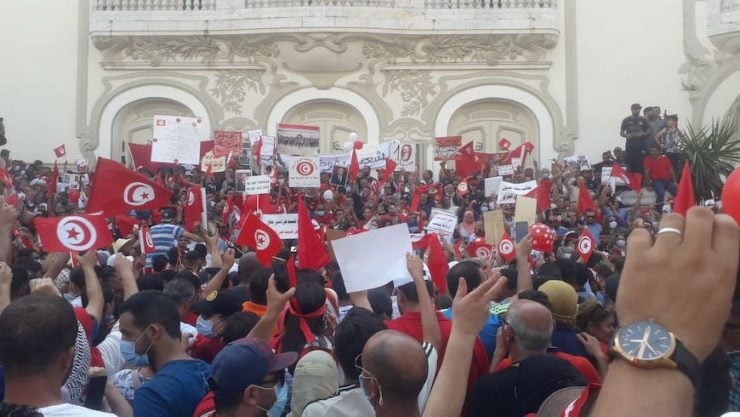Participation and association
The right to participation and association is closely linked to the right to freedom of expression: it allows expression as part of a collective, enables organising and campaigning for change, challenging the status quo, and participation in local/national democracy and inter-governmental fora. The ability to ensure diversity and pluralism in public debates, and therefore build a successful democracy, depends on people’s ability to express themselves, but also to choose the organisations or political affiliations they demonstrate participation though.
Legislation that restricts NGOs’ access to foreign funding, requires registration or permits to engage with foreign governments or IGOs, provides for travel bans/restrictions, or sets out onerous reporting requirements designed to prevent NGOs’ operations, are among the many ways governments around the world can seek to limit these rights and therefore avoid criticism or dissent. At their most extreme, they can see the designation of CSOs or social movements as “terrorist organisations”.
Equally, intimidation of political opposition and activists, dissolution of political parties, and judicial harassment of political leaders are serious issues that threaten political expression as well as association and participation, and can deny the public their right to participate in democratic processes and public debate.
All Participation and association
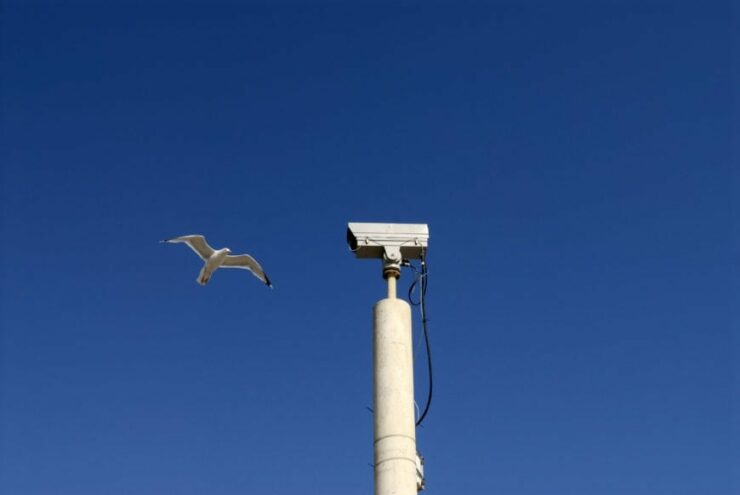
UK: AI safety must start with protecting human rights at home

Belarus: Human Rights Defender Nasta Lojka must be finally released
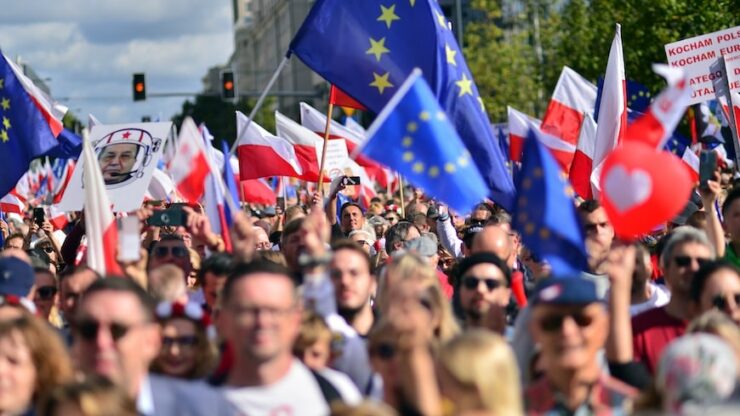
Poland: Record turnout elections pave the way for restoring democratic values
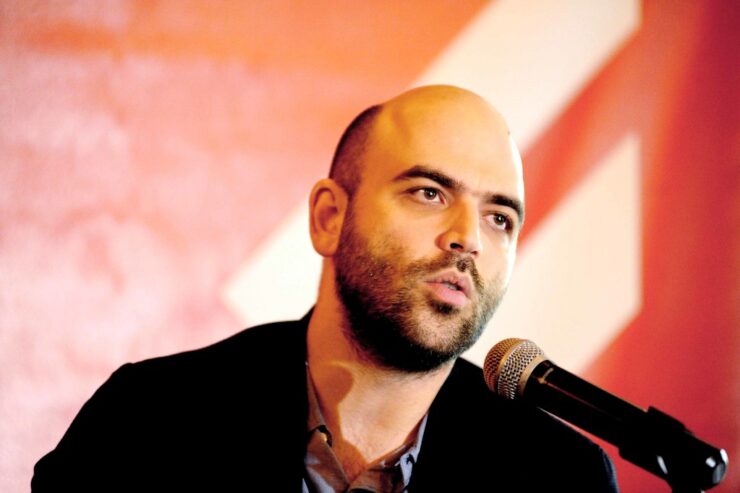
Italy: Roberto Saviano’s conviction a major blow to free expression
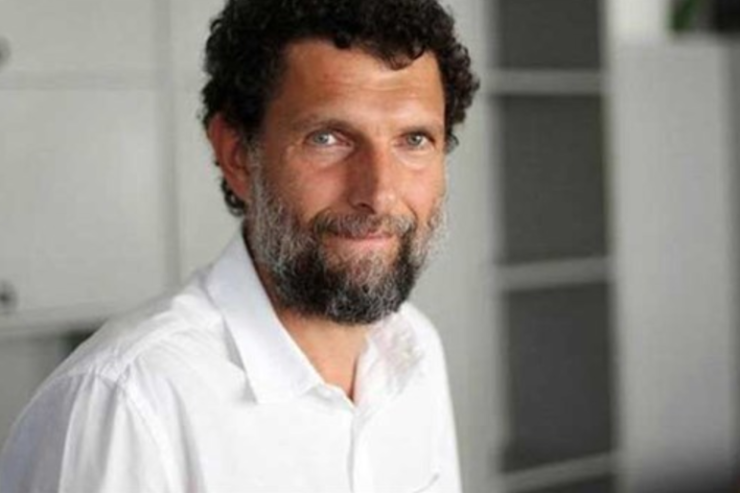
Turkey: Top court upholds Osman Kavala’s life term
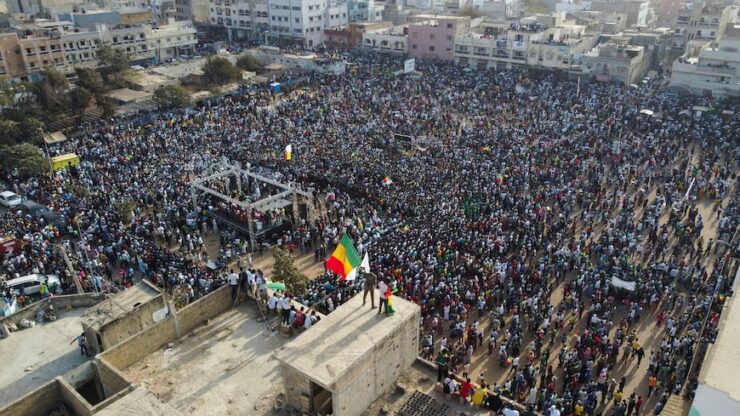
Senegal: Universal Periodic Review focuses on freedom of expression
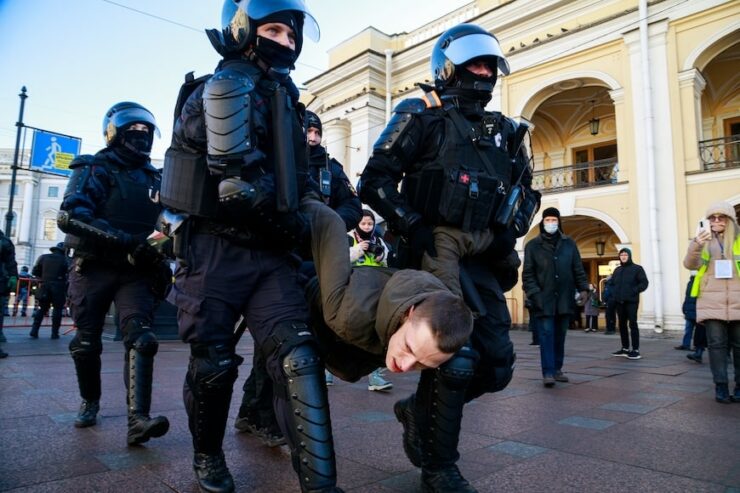
UN: Renew mandate of Special Rapporteur on human rights situation in Russia
